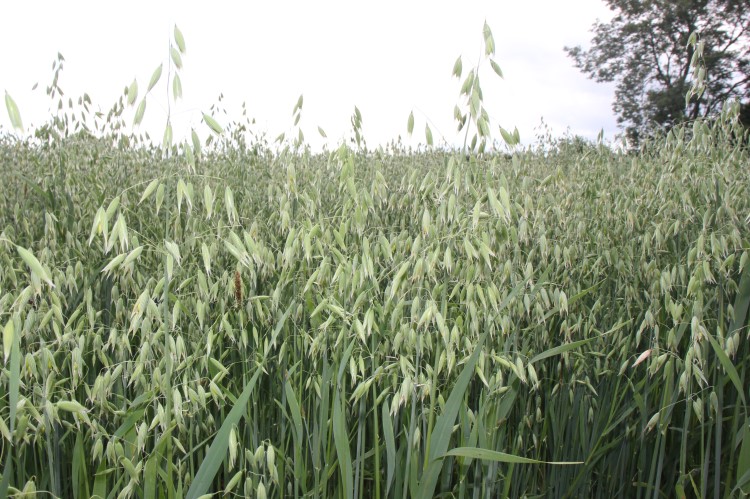Winter Oats – Late August 2020
27 August 2020Weeds
Herbicide options for winter oats are limited, particularly for grass weeds. However, this is to some extent compensated by the competitiveness of oats and the ability to supress weeds. Due to the lack of herbicides, minimal cultivation practices in winter oats are risky where there is a grass weed problem such as bromes. There is no herbicide option for control of rye-grasses or wild oats in winter oats. Limited control of black-grass is possible.
Residuals (all EAMUs)
Flufenacet + Diflufenican: Controls annual meadow-grass, and a range of broad-leaved weeds, and gives some control of bromes and black-grass. The maximum individual dose varies with product – check the label. For the EAMU is for up to 0.6 l/ha before 31st December – but best to keep the dose down if possible and avoid overlaps.
Diflufenican: Controls a range of broad-leaved weeds and contributes to annual meadow-grass control when mixed with a partner product. The rate is 0.25 l/ha before end of February in year of harvest or before 2nd node, GS32.
Flumioxazine: Up to 100 ml/ha pre-emergence only. It controls chickweed, speedwells, mayweeds and a number of other broad-leaved weeds and gives some control of annual meadow-grass.
Autumn post-emergence (broad-leaved weeds only)
Tribenuron: Can be used from the crop 3 leaf stage. It controls chickweed, mayweed, forget-me-not, red deadnettle and a number of other weeds. It could be added to the Flufenacet + Diflufenican or Diflufenican alone (EAMUs) to broaden the weed spectrum when applied post-emergence of weeds.
Florasulam is a versatile option for broad-leaved weeds in winter oats with autumn and spring use and has a useful weed spectrum and application rate.
Florasulam + Fluroxypyr: It can be applied in the autumn or spring from the 3 leaf stage of the crop and has a broader weed spectrum than straight Florasulam.
Oats tend to be more sensitive to herbicides than other types of cereal – always check the label and avoid overlaps and application to crops under stress.
Sign up to the FAS newsletter
Receive updates on news, events and publications from Scotland’s Farm Advisory Service

